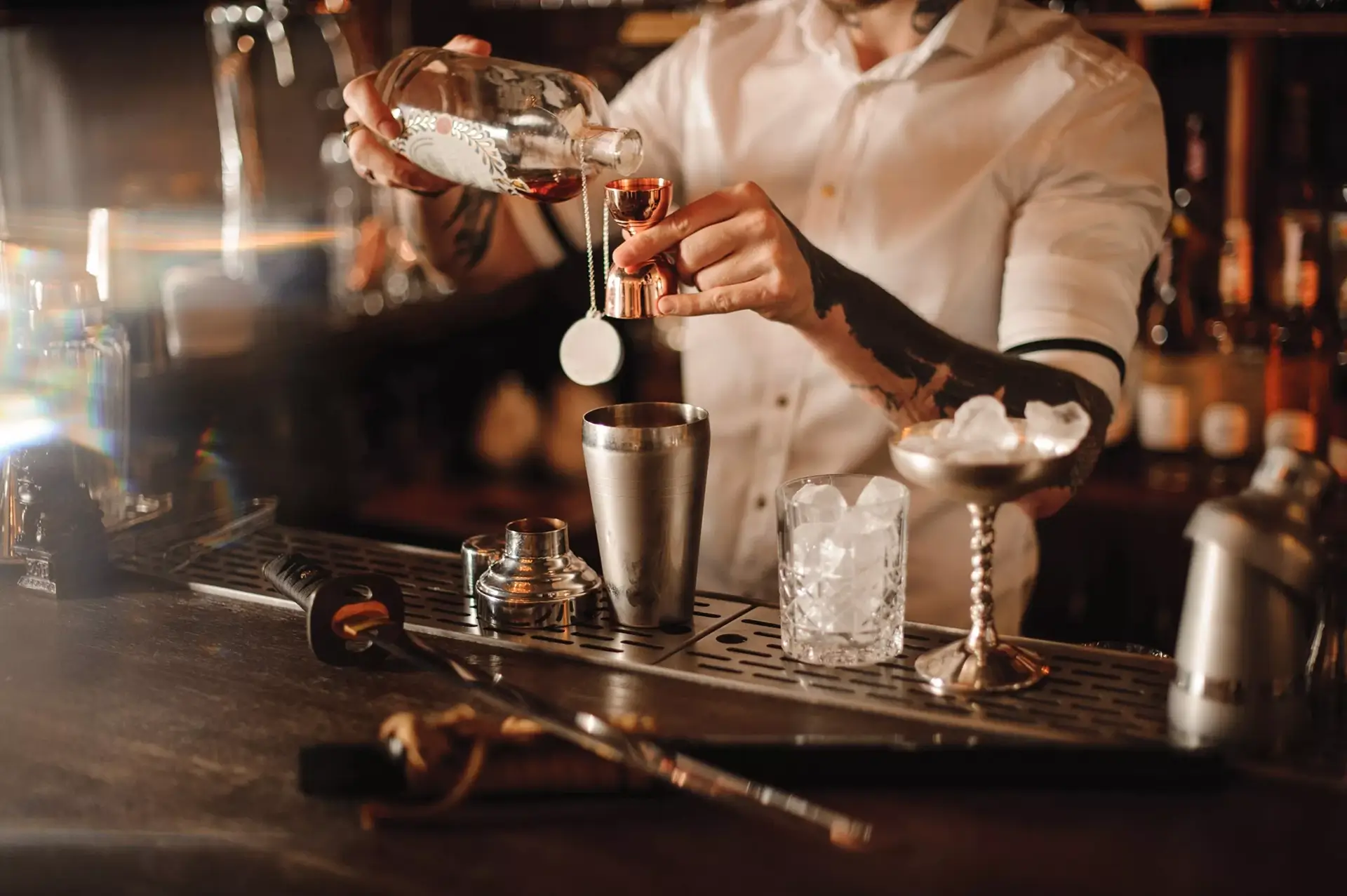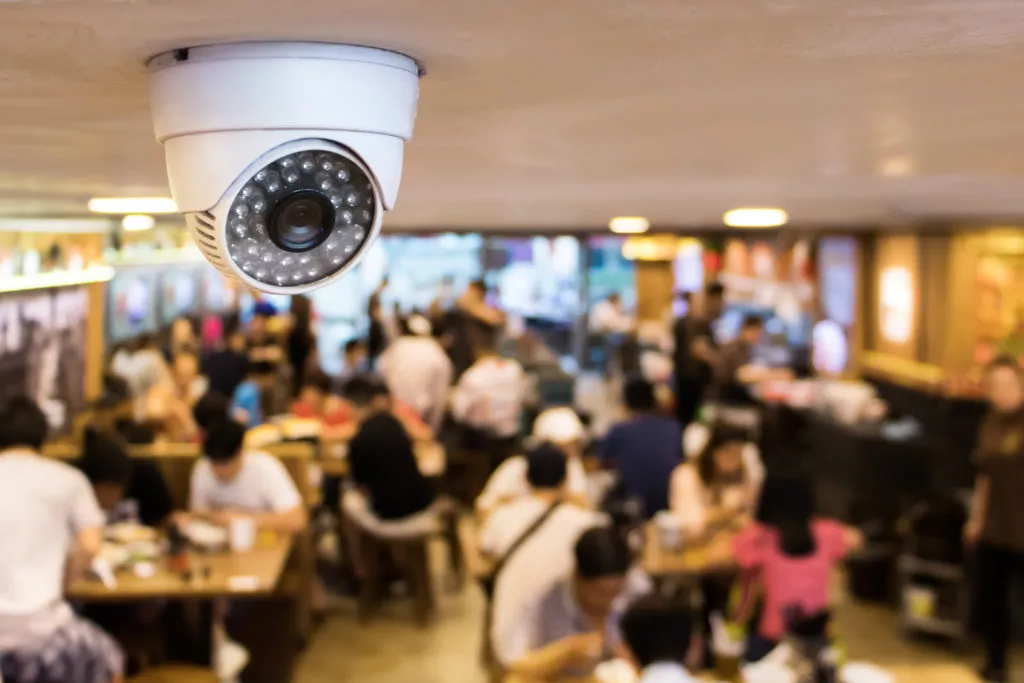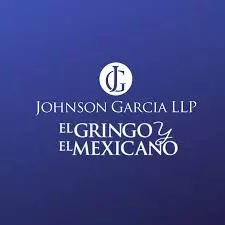Restaurants play a major role in the success of Texas’ economy. In 2019, the Texas Restaurant Association reported $70.6 billion dollars in sales at eating and drinking establishments in the Lone Star State.
While the Texas restaurant industry is booming, even during the Coronavirus pandemic, no one considers restaurant liability while sipping on their favorite alcoholic beverage.
Do you know who to sue if a patron of a bar, club, or lounge causes an auto accident due to intoxication from being over-served?
Complex legal matters like the dram shop case described above require the assistance of an experienced Houston personal injury attorney from Johnson Garcia LLP.
With a knowledgeable injury attorney by your side, you have a better chance of successfully determining where to place the responsibility, and recovering financial compensation for the vehicle damage, medical bills, loss of income, pain and suffering, and more.
First things first: Where does the name “dram shop” come from?
While the name “dram shop” is outdated, the issues and laws surrounding its title are alive in the 21st century today.
The below terms will help you understand why this name is used in the law:
- Dram: A “dram” is a small unit of measurement for alcohol, equating to .75 of a teaspoon.
- Dram shop: A “dram shop” is a bar, tavern, or any commercial business where alcoholic beverages are consumed and sold.
History of dram shop laws in Texas
Although dram shop laws exist in almost every state across the United States, they were officially formed in Texas over 30 years ago when a decision was made that would change the nature of bar operations forever.
On June 12, 1986, in the matter of El Chico v. Poole, the Texas Supreme Court decided that bars owe a duty to the public to not knowingly sell alcohol to an already intoxicated person.
Because the decision did not provide clear language as to how establishments should be held responsible, as a result, the Texas Legislature immediately enacted what is known today as the Texas Dram Shop Act.
The goal of the legislature was to protect the public from drunk driving and alcohol establishments from lawsuits.
Understanding the Texas Dram Shop Act
The Texas Dram Shop Act is governed by Chapter 2 of the Texas Alcoholic Beverage Code. As mentioned above, the Act was put in place to protect people from drunk drivers, including the drunk driver himself, and ensure restaurants protect its patrons while providing services under the laws of Texas.
Additionally, the Act protects these alcohol-serving establishments from civil lawsuits.
The Texas Dram Shop Act covers lawsuits brought by victims of accidents caused by drunk drivers, against the businesses who over-served the patron while the patron was clearly already under the influence.
This means an alcoholic establishment and its employees can be held responsible for a car accident or wrongful death because of the negligent act of their customer.
While Texas’ dram shop laws are specific to businesses, they do not apply to individuals or private party social hosts serving alcohol in their homes.
In Texas, social hosts have no responsibility for party guests that drink too much, then leave the home and cause a fight or drunk driving accident.
To apply the dram shop laws to a personal injury lawsuit in Houston or any other city within the State of Texas, an injured victim must prove liability.
How to use Texas dram shop law and prove liability
Texas dram shop laws are strict when it comes to determining fault. The blame can be placed on one or more parties including, the bar customer, the injured driver, or the restaurant and its bartenders.
Without the help and knowledge of an experienced Houston injury lawyer, it’s hard to decide who is responsible. To apply the dram shop law to a personal injury matter, the injured victim must prove:
- The patron was a minor; or
- The establishment over-served the alcohol;
- It was clear to the establishment that the patron was already intoxicated to the point he could harm his life and the lives of others; and
- The patron’s intoxication was the primary and foreseeable cause of the victim’s injuries.
Proving over-service and other elements of a dram shop are crucial such as in the case of a Cypress, Texas bartender charged with over-serving a driver. The driver later caused a deadly car crash. ABC 13 reported that surveillance video showed the driver was “visibly intoxicated.”
Meeting the criteria of a dram shop case is more than he said, she said. The injured party needs evidence to back up the dram shop claim.
For example, the type of evidence a Houston personal injury attorney may seek in order to prepare a Texas dram shop claim include:
- Receipts from establishments with date, time, and type of alcohol purchased
- Investigations by the Texas Alcoholic Beverage Commission (TABC)
- Video surveillance
- Witness testimony
- Reports such as police and toxicology
- Field sobriety test results
Building a dram shop case takes skill. The representation of an experienced injury attorney can be the difference between being made whole again or suffering in silence due to another’s negligence.
Contact an experienced Houston injury attorney about your dram shop case
If you were injured in an auto accident because a restaurant over-served their customer, contact a top-rated Houston personal injury attorney to discuss your dram shop claim. Recovering financial compensation on your own is not easy and it’s hard to trust insurance companies and restaurants to own up to their faults and act swiftly to compensate your damages. Schedule your free consultation with Johnson Garcia LLP today so we can work hard to get you the compensation and justice you deserve.



